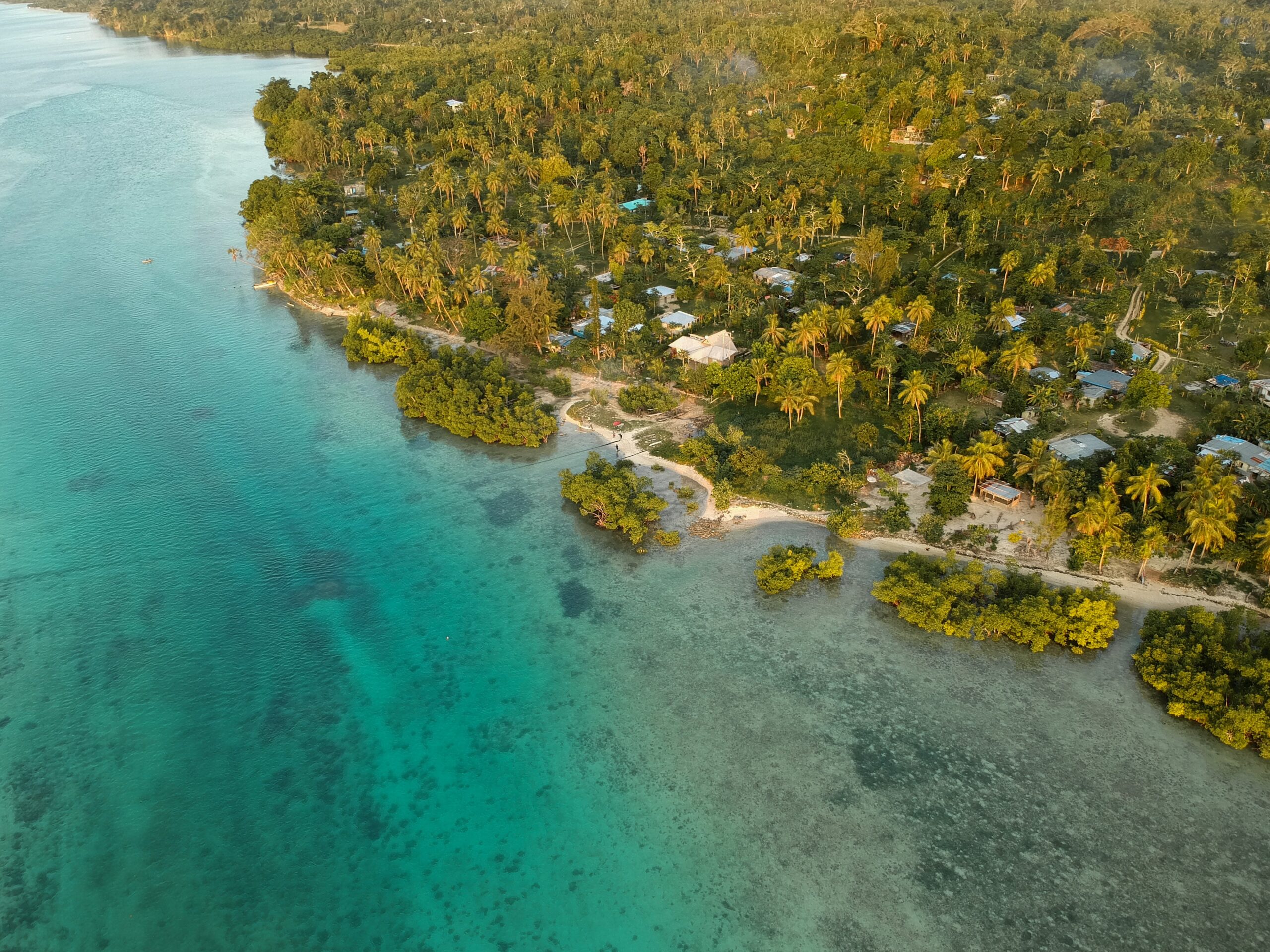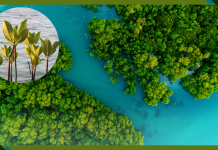Written by: Kimberly White
Vanuatu’s call for the International Court of Justice to render an advisory opinion on the issue of climate change and human rights has received backing from island states as well as a myriad of civil society organizations.
The Government of Vanuatu announced its intent to seek an advisory opinion on the rights of current and future generations to be protected from the impacts of climate change, as well as clarify the obligation of states from the International Court of Justice in September 2021.
Now, government leaders from Pacific and Caribbean nations have signaled their support for Vanuatu’s pursuit of an ICJ advisory opinion on the rights of present and future generations to be protected from climate change.
The campaign has also received the backing of more than 1,500 civil society organizations from 130 countries through a newly established global alliance. In May 2022, a global alliance of civil society groups representing more than 1,500 civil society organizations was formed to support the climate justice initiative, including Greenpeace Australia Pacific, Oxfam in the Pacific, 350 Pacific, and the Climate Action Network.
The alliance aims to garner global support for the proposed advisory opinion ahead of a crucial vote set to take place later this year.
The Government of Vanuatu plans to take its proposal to the United Nations General Assembly for a vote in September. For the matter to be referred to the International Court of Justice, the proposal will need to secure at least 97 votes.
“Through this alliance, we hope to continue to weave together advocacy at all levels to build momentum behind the Vanuatu Government’s push for this Advisory Opinion,” stated Joseph Sikulu, Pacific Director, 350.org.
Advisory opinions from the ICJ are not legally binding, but they do carry significant legal weight and moral authority. Despite being non-binding, the proposed advisory opinion could influence international law and aid climate lawsuits globally.
“Seeking an advisory opinion from the International Court of Justice on human rights and climate change is another tool in our toolbox that we must use in our urgent and collective efforts to bolster action on climate change,” said Lavetanalagi Seru, Regional Policy Coordinator, Pacific Islands Climate Action Network. “In many frontline climate change affected communities today, the most vulnerable, including women and girls, elderly people, people with disabilities, Indigenous communities, LGBTQI, youth, and other marginalized groups, have, and will continue to experience their basic human rights being undermined.”
“We applaud the Government of Vanuatu on its intention to seek a resolution from the UN General Assembly this year, and we call on the global civil society family and most importantly on all countries to support this important initiative, which is predicated on human rights and intergenerational equity,” continued Seru.
Vanuatu’s campaign stems from years of youth campaigning. A group of law students from eight Pacific island countries came together to form Pacific Islands Students Fighting Climate Change (PISFCC), a campaign aimed at prompting leaders of the Pacific Island Forum to bring the issue of climate change and human rights to the ICJ.
“Youth are leading this campaign because they are fighting for their future. The science is clear, if the world doesn’t get serious about stopping climate change this decade, our future will be destroyed. We are literally fighting for the survival of our lands, our oceans, our culture and the generations unborn,” said Romabeth Siri, PISFCC Vanuatu Campaigner.
Like many Small Island Developing States (SIDs), which contribute less than one percent to the world’s greenhouse gas emissions, Vanuatu is extremely vulnerable to climate change. Home to an estimated 307,000 people, the island nation of Vanuatu comprises 82 volcanic islands, many of which sit less than one meter above sea level.
Vanuatu has been struck by two Category 5 cyclones in recent years, severely impacting the island’s economy and society. Cyclone Pam resulted in roughly $590 million in economic damage, equivalent to 64 percent of Vanuatu’s 2015 GDP, and left 75,000 of the island’s residents homeless. Pam also destroyed 96 percent of Vanuatu’s food crops.
Tropical cyclones are anticipated to grow in strength and severity as ocean temperatures rise, according to scientists.
“Youth everywhere are entitled to a right to equal access to justice and the right to remedy. Seeking clarification from the International Court of Justice to secure their interests and their children’s interests is therefore their right,” added Siri.
Header Image Credit: Fábio Hanashiro/Unsplash







